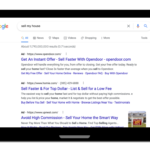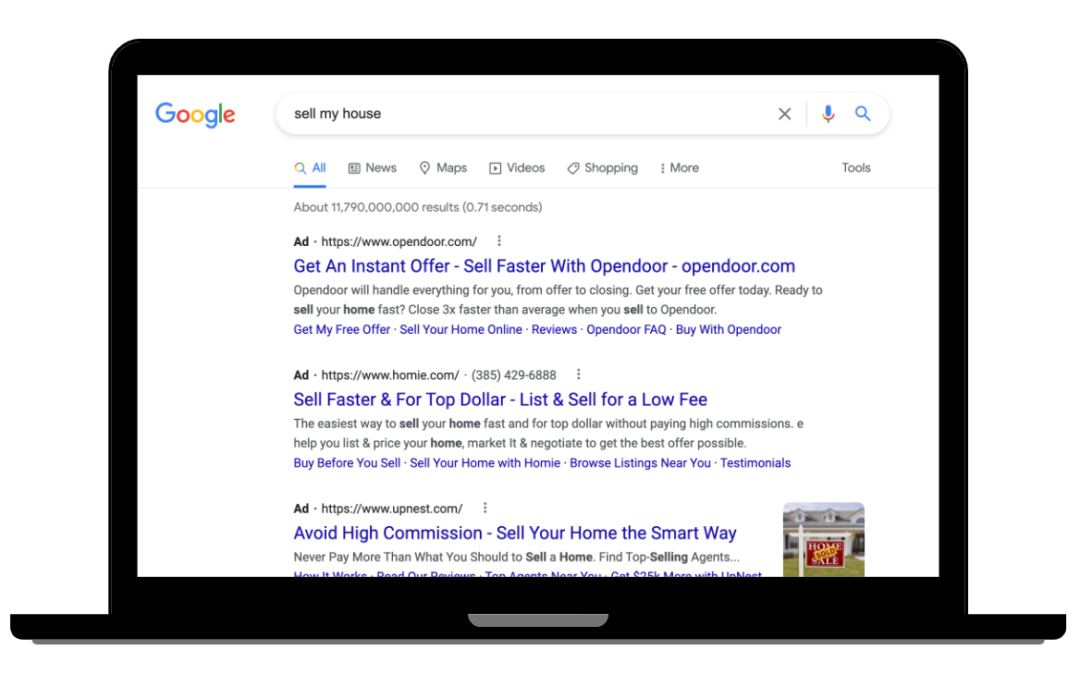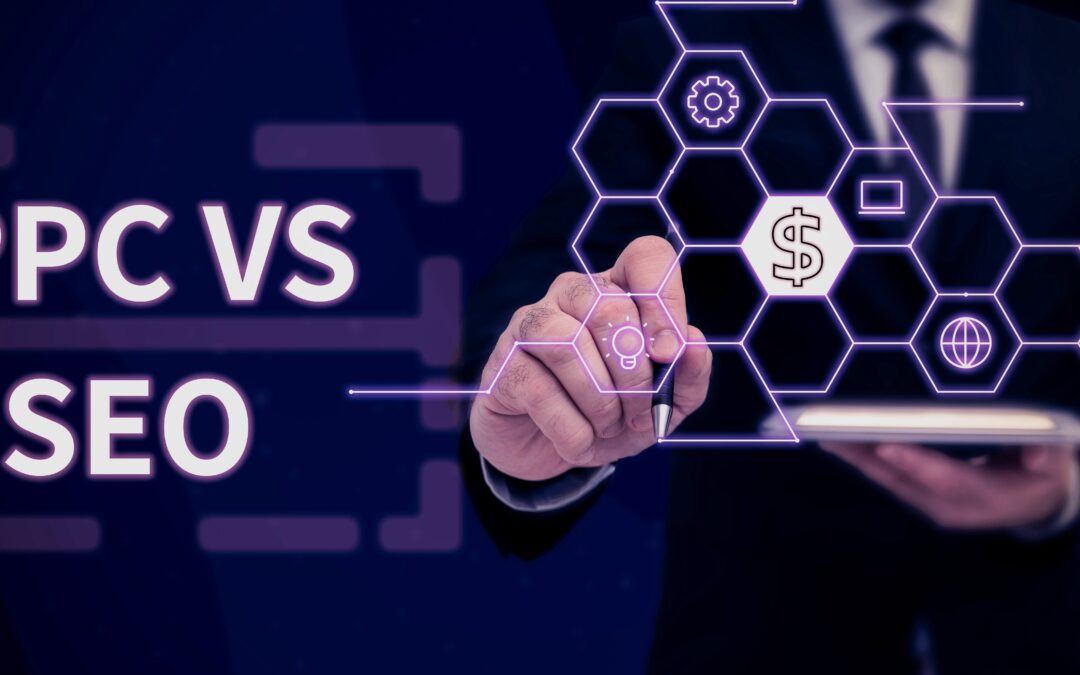Marketing plays a crucial role in the success of small businesses. In this article, we will explore ten proven marketing strategies that can help small businesses establish their presence, attract customers, and drive growth. From content marketing to social media, referral programs, and more, these strategies have shown consistent effectiveness in the competitive business landscape.
1. Pay-Per-Click (PPC) Advertising:
PPC (Pay-Per-Click) advertising allows businesses to display targeted ads on platforms like search engines and social media. They only pay when someone clicks on their ad, ensuring cost-effectiveness. It provides instant visibility, drives website traffic, and enables tracking and optimization for measurable results.
-
- Instantly reach a targeted audience and pay only for clicks.
-
- Display ads on search engines and social media platforms.
-
- Drive website traffic, generate leads, and track measurable results.

2. Influencer Marketing:
Influencer marketing is powerful because it enables brands to connect with their target audience authentically. But It’s not just about mega-influencers with millions of followers; even micro-influencers can be highly effective. These individuals have smaller but engaged followings, making them influential brand advocates. Leveraging the trust and influence they have within their niche communities allows brands to reach a receptive audience and achieve impressive results.
-
- Influencer marketing connects brands with their target audience authentically.
-
- Micro-influencers, with smaller yet engaged followings, can be highly effective.
-
- Leveraging their trust and influence within niche communities reaches receptive audiences and achieves impressive results.
3. Referral Marketing:
Word-of-mouth marketing is powerful because people trust recommendations from friends and family more than brand advertising. 92% of people trust recommendations from loved ones, making them more likely to purchase or visit based on referrals. Use referral marketing to your advantage.
-
- Word-of-mouth marketing holds significant power as people have more trust in recommendations from friends and family compared to brand advertising.
-
- Statistics reveal that 92% of individuals trust recommendations from their loved ones, increasing the likelihood of purchasing or visiting based on referrals.
-
- Referral marketing allows you to leverage this trust and harness it to your advantage.
4. Email Marketing:
Despite the remarkable potential for a high return on investment (ROI), email marketing remains underutilized by small businesses. As indicated by a survey report, only 66% of the businesses surveyed reported employing email marketing as a means to promote their ventures or engage with leads and customers.
-
- Email marketing has significant potential for a high return on investment (ROI).
-
- Small businesses, however, underutilize email marketing.
-
- A survey report reveals that only 66% of businesses surveyed use email marketing.
-
- Email marketing is employed by businesses as a way to promote their ventures and engage with leads and customers.
5. Content Marketing:
Content marketing involves creating and sharing valuable and relevant content to attract and engage a target audience. By producing informative blog posts, articles, videos, or podcasts, small businesses can establish themselves as industry experts and build trust with their audience. This strategy helps drive organic traffic to their website, increase brand awareness, and nurture leads into customers.
-
- Create and share valuable and relevant content to attract and engage your target audience.
-
- Produce informative blog posts, articles, videos, or podcasts to establish yourself as an industry expert.
-
- Build trust with your audience, drive organic traffic to your website, increase brand awareness, and nurture leads into customers.
6. Social Media Marketing:
Social media platforms have become powerful marketing channels for businesses of all sizes. By creating a strong social media presence, small businesses can connect with their target audience, share updates, promote their products or services, and engage in meaningful conversations. It’s important to identify the platforms where your audience spends the most time and tailor your content accordingly to maximize reach and engagement.
-
- Leverage social media platforms as powerful marketing channels for small businesses.
-
- Connect with your target audience, share updates, promote products or services, and engage in meaningful conversations.
-
- Identify the platforms where your audience spends the most time and tailor your content accordingly for maximum reach and engagement.
7. Search Engine Optimization (SEO):
SEO is the practice of optimizing your website and content to improve its visibility in search engine results. By targeting relevant keywords, creating high-quality content, optimizing meta tags, and building backlinks, small businesses can improve their organic search rankings and drive more traffic to their website. A well-executed SEO strategy can result in long-term visibility, credibility, and increased conversions.
-
- Optimize your website and content to improve visibility in search engine results.
-
- Target relevant keywords, create high-quality content, optimize meta tags, and build backlinks.
-
- Improve organic search rankings, drive more traffic to your website, and achieve long-term visibility, credibility, and increased conversions.
8. Social Proof:
Social proof involves leveraging the power of testimonials, case studies, and success stories to build trust and credibility with potential customers. By showcasing positive experiences and results from satisfied customers, small businesses can demonstrate their value and reliability. This can be done through testimonials on your website, reviews on third-party platforms, or sharing success stories through blog posts or social media.
-
- Leverage the power of testimonials, case studies, and success stories to build trust and credibility.
-
- Showcase positive experiences and results from satisfied customers.
-
- Demonstrate value and reliability through testimonials, reviews, and success story sharing.
9. Local Marketing:
For small businesses targeting a local audience, local marketing strategies can be highly effective. This includes optimizing local listings on search engines and directories, participating in community events, sponsoring local organizations, and leveraging geotargeted advertising. By focusing on the local community, small businesses can increase brand visibility, attract nearby customers, and establish themselves as trusted local providers.
-
- Utilize local marketing strategies for small businesses targeting a local audience.
-
- Optimize local listings, participate in community events, sponsor local organizations, and leverage geotargeted advertising.
-
- Increase brand visibility, attract nearby customers, and establish yourself as a trusted local provider.
10. Affiliate Marketing:
Affiliate marketing is a performance-based marketing strategy where businesses partner with affiliates who promote their products or services in exchange for a commission on each successful referral or sale. By establishing an affiliate program, small businesses can leverage the networks and reach of affiliate marketers to expand their customer base. This strategy allows for cost-effective marketing as businesses only pay commissions for actual conversions, and affiliates are incentivized to actively promote the products or services.
-
- Establish an affiliate program to partner with affiliates who promote your products or services.
-
- Leverage the networks and reach of affiliate marketers to expand your customer base.
-
- Cost-effective marketing as you only pay commissions for actual conversions.
-
- Affiliates are incentivized to actively promote your products or services.
Implementing affiliate marketing can help small businesses tap into a broader audience and drive more sales or leads while minimizing upfront marketing costs. It offers a win-win scenario for both the business and the affiliates involved.nn







